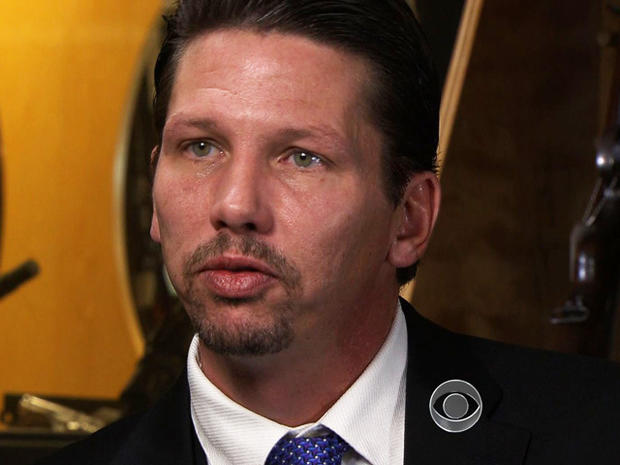Tracing guns is low-tech operation for ATF
(CBS News) MARTINSBURG, W.Va. -- When a gun is found at the scene of a shooting, one of the first calls made by police across the country is to the National Tracing Center in Martinsburg, W. Va.
Here, 350 employees undertake the painstaking process of tracing guns to identify their owners.
"There is a perception -- even among law enforcement agencies -- that if you send a serial number from a gun up here, that we plug it into a computer and the name of a gun owner pops out, as if there's a national registration system," says Charles Houser, who has been chief of the center since 2005. "There's no such thing."
No such thing, because federal law prohibits the creation of a national database of gun purchases. That ban was first slipped into an appropriations bill in Congress in 1979 and became permanent law in 1986, in a law sponsored by two strong supporters of gun rights, Idaho Republican James McClure and Missouri Democrat Harold Volkmer. Both men passed away in 2011.
The ban on a federal gun sale database has been strongly supported by the powerful National Rifle Association. The NRA told us it "is opposed to any registry of law abiding gun owners."
So workers at the National Tracing Center are left with an antiquated system to trace 350,000 guns a year, requiring them to review by hand tons of paper records and 500 million entries on microfilm. Critics say it's the law enforcement equivalent of the horse and buggy.
Mental health reporting gaps cloud background checks
Fact-checking the gun control debate
At gun violence hearing, Giffords calls for action; NRA stands firm
The investigators spend much of their time on the phone.
"We actually have to contact all the dealers in the chain of distribution," Houser says.
More than a third of the traces involve a gun store that's gone out of business. Those records are sent to the Tracing Center, which receives more than 1,000 boxes a month.
Many of the records are barely legible.
"So for example, these are records that we received as a result of Hurricane Katrina," Houser says. "We had to dry these out in the parking lot."
Despite the burdensome process, gun traces that are marked "urgent" are usually completed within 24 hours, but routine traces average about five days.
The ATF's workload is likely to become even heavier, because President Barack Obama has proposed that all guns recovered by federal law enforcement agencies be traced, which would add at least 100,000 more gun traces each year.

